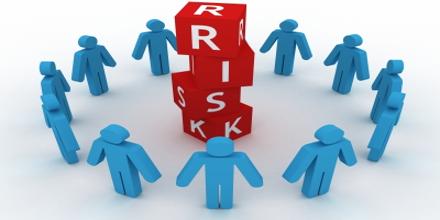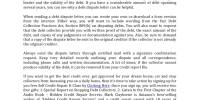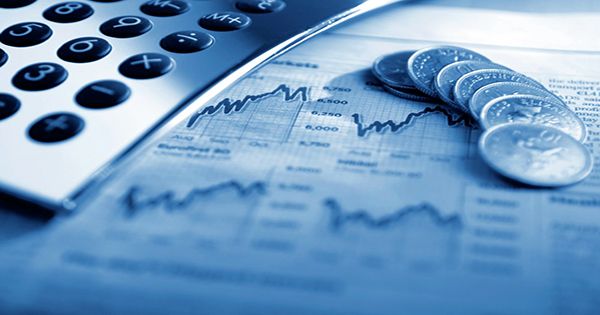Social Risk Management (SRM) is a new conceptual framework – put forward by the World Bank – that extends the traditional framework of Social Policy by looking into public actions to improve market-based and non-market-based instruments of social risk management. The basic idea of SRM is that all individuals are exposed to multiple risks from different sources, whether they are natural or man-made. SRM also encompass macroeconomic policies to reduce the exposure to economic shocks such as sudden oil price hikes and unpredictable moves in currency exchange rates. It focuses specifically on the poor, who are the most vulnerable to risk and more likely to suffer in the face of economic shocks.
Social Risk Management
















